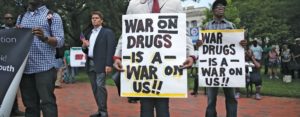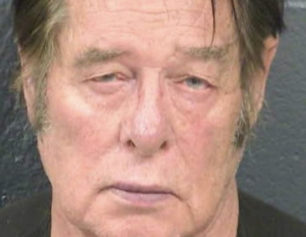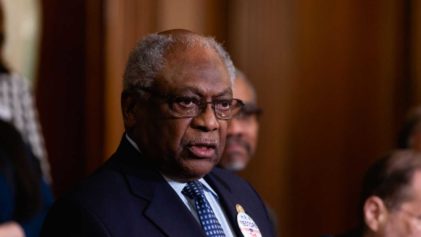The United States government will admit that its War on Drugs has failed and will move to decriminalize drugs, according to news reports.
Mashable published an article, contributed by High Times, that said the Obama administration is getting ready to make a presentation to the United Nations calling for sweeping changes to drug laws.
William Brownfield, assistant Secretary of State for the Bureau of International Narcotics and Law Enforcement Affairs, describes the changes as a “pragmatic reform agenda.”
“We will call for pragmatic and concrete criminal justice reform, areas such as alternatives to incarceration or drug courts, or sentencing reform,” he said. “In other words, as President Obama has said many times publicly, to decriminalize much of the basic behavior in drug consumption in order to focus scarce law enforcement resources on the greater challenge of the large transnational criminal organizations.”
The drug reforms will be presented to the United Nations General Assembly Special Session on drugs in April.
So after four decades and trillions of dollars wasted, the government is finally admitting the “War on Drugs” has been a massive failure. The Obama administration has been quietly making changes to criminal laws that allow drug offenders out early. Obama, who has visited a prison to raise awareness about long-term incarceration, and former Attorney General Eric Holder both realized the damage drug sentencing was doing to the Black community.
“A vicious cycle of poverty, criminality and incarceration traps too many Americans and weakens too many communities,” said Holder in a speech to the American Bar Association. “However, many aspects of our criminal justice system may actually exacerbate this problem rather than alleviate it. Too many Americans go to too many prisons for far too long and for no good law enforcement reason. We cannot simply prosecute or incarcerate our way to becoming a safer nation.”
Holder served as a judge where he saw first-hand the effect of harsh drug sentencing on Black men.
The War on Drugs has reshaped the Black community — and not for the better. The figures are quite stark, according to an Atlanta Blackstar article. The Bureau of Justice Statistics said that 1 in 3 Black men will be incarcerated in his lifetime and 1 in 13 Black people can’t vote because of a felony. The Washington Post reported that 1 in 9 Black children has a parent behind bars. Many of these Black people are serving long sentences because of drug crimes, even for possessing a small amount.
Mass incarceration has become a political issue in the 2016 presidential campaign. Vermont Sen. Bernie Sanders has been a long time critic of the War on Drugs, which he calls a “failed policy.”
Democratic front-runner Hillary Clinton has taken heat for tough drug laws passed by her husband President Bill Clinton in the 1990s. President Clinton has apologized for those laws and said he had no idea of the ramifications of his actions.
The Obama administration’s decision to scale back the War on Drugs is not the only example of authorities taking a different approach to tackling the drug crisis. Sixty Minutes recently featured a report on how authorities are now looking at heroin abuse as more of a health problem than a criminal problem. This may be because Midwestern states, like Ohio, are now beginning to see a rash of people using heroin as a cheaper pain-management alternative. However, those people are white high school students and suburban moms, not Black people.
“We’ve learned addiction is a brain disease,” said Michael Botticelli, director of National Drug Control Policy. “This is not a moral failing. This is not about bad people who are choosing to continue to use drugs because they lack willpower. You know, we don’t expect people with cancer just to stop having cancer.”
Like American law enforcement officials, Werner Sipp, president of the International Narcotics Control Board, realizes that drug abuse needs to be looked as a health issue, not a law enforcement problem.
“It is not the case that the world must choose between ‘militarized’ drug law enforcement on one hand and the legalization of non-medical use of drugs on the other; but rather to put health and welfare at the center of a balanced drug policy,” Sipp said.



